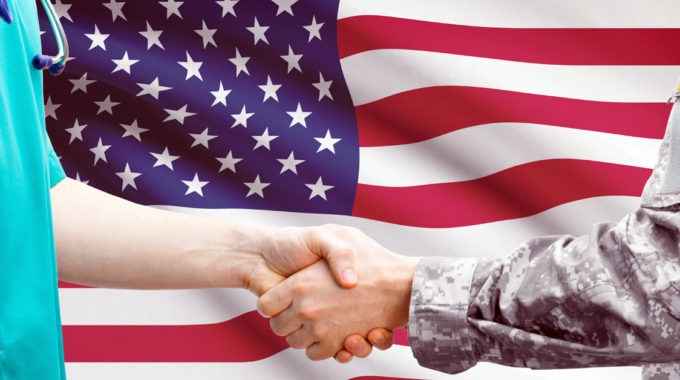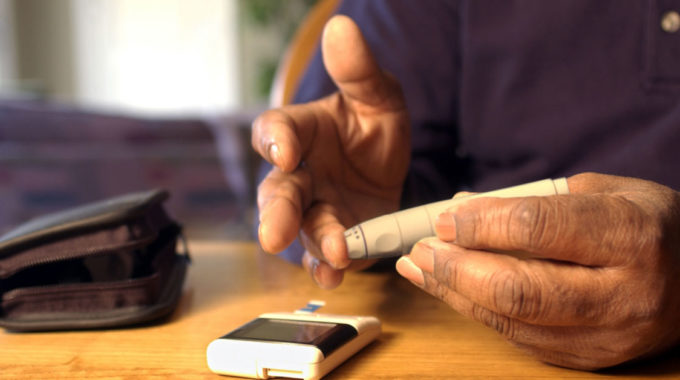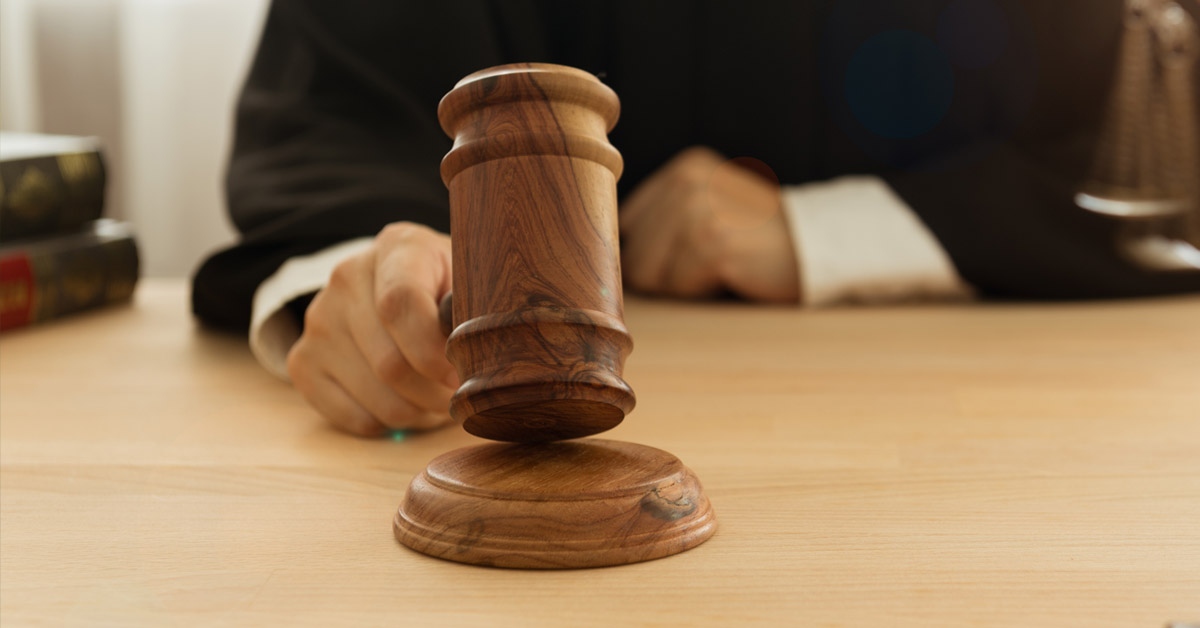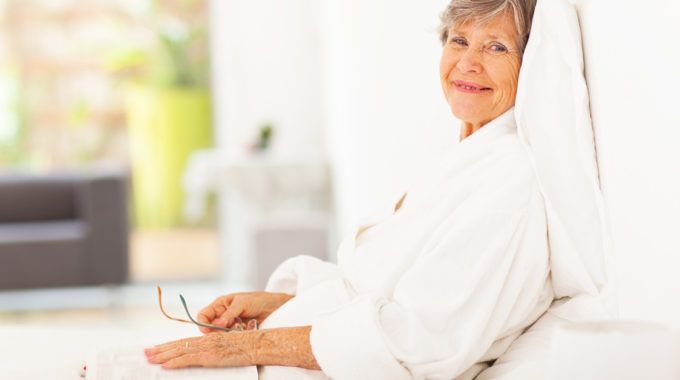
Veterans Can Receive Up to 25,000 per Year for Home Care and Retirement
A surprising number of veterans do not claim their retirement and home care benefits. Both veterans and their spouses are often eligible for up to $25,000 per year in cash benefits. Some of these benefits are designated for home care, but others have more flexibility in how they can be used. The possibility of $25,000 per year comes from the combination of three programs: Improved Pension Benefit, Housebound Benefit, and the Aid & Attendance Benefit.
Help Claiming Veterans’ Benefits
People can apply for benefits by writing to the Pension Management Center that serves the applicable state. However, the requirements for these letters create a high rejection rate. The paperwork and qualifications can be daunting, but help is available. One source of help is the many Veteran’s Services Organizations (VSOs), but be careful. Some organizations representing themselves as helping veterans with this turn out to be more interested in selling insurance products designed to remove assets from consideration in financial eligibility. To be on the safe side, people seeking help with veterans’ retirement and home care benefits may want to start with the Department of Veterans Affairs (VA). The VA maintains a list of accredited attorneys, claims agents, and VSOs who are qualified to help veterans apply for these benefits.
General Qualifications for Veterans’ Retirement and Home Care Benefits
Income
There are financial qualifications, but people with assets exceeding $80,000 have successfully applied for these benefits. Higher-income retirees can set up trusts to protect some assets. Unlike Medicaid, the Improved Pension Benefit, has no “look back” period. This means people are not penalized if their financial situation has changed recently.
Functional Status
Some of these benefits require the beneficiary to have some level of disability, but not all. A veteran or spouse does not need to qualify for in-home aide services to get the Improved Pension Benefit.
Spouses
Spouses may qualify for these benefits, even if the military spouse is deceased, and even if they were not married during the time of military service.
Service
To qualify, the veteran should have 90 days of continuous, active-duty military service with at least one of those days during wartime. An official declaration of war is not required for service to be considered during wartime. Many campaigns and expeditions since World War II qualify. The VA does not extend these benefits to veterans with a dishonorable discharge.
Age or Disability
Qualified beneficiaries must be either age 65+ -OR- disabled. It is not required that the disability be service-related.
Veterans’ Improved Pension Benefit
This benefit is simply a pension based on military service as listed above. Certain forms of savings are exempt from income considerations. One need not be disabled to qualify. The benefits here do not have to be used for assisted living care.
Veterans’ Housebound Benefit
For people eligible for the monthly pension, Housebound serves as an add-on benefit. For a married veteran, this benefit can add about $3,000 to yearly income. To qualify, individuals should have a disability that makes trips away from the home infrequent and difficult to accomplish without assistance or special equipment.
Veterans’ Aid & Attendance Benefit
The Aid & Attendance Benefit serves as another add-on for those who qualify for monthly pensions. A married veteran can get approximately another $5,000 per year. To qualify, the person should need an aide or other person to accomplish one or more personal functions from a list of daily activities: bathing, dressing, toileting, grooming, feeding, adjusting prosthetic devices, staying safe with dementia or Alzheimer’s, etc. People who are blind qualify automatically. Many senior veterans who believe they can perform these tasks independently are, in fact, putting themselves at risk of injury due to challenges with balance or strength.
Conclusion
The VA has important, under-utilized programs offering wartime veterans and their spouses up to $25,000 per year in retirement and home care benefits. When people apply on their own through their state Pension Management Center, the rejection rate is high. However, people should not give up. The qualifications have more flexibility than some people realize, and help with the application or re-application is available. The VA keeps a list of accredited professionals and volunteers who can help.






